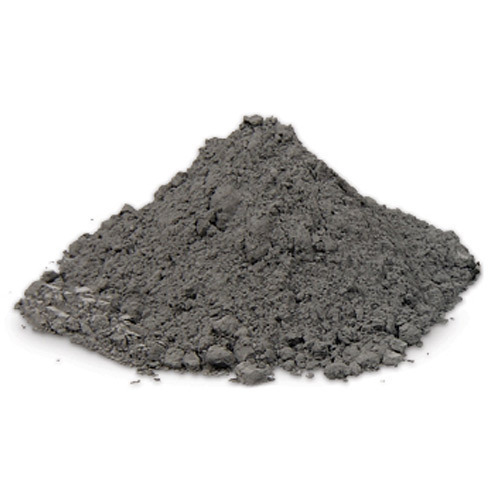Physical and chemical properties of boron carbide
It does not react with acid and alkali solutions, and has high chemical potential, neutron absorption, wear resistance and semiconductor conductivity. It is one of the most stable substances to acid, stable in all concentrated or dilute acid or alkali aqueous solutions. After being treated with a mixed acid of sulfuric acid and hydrofluoric acid, calcined in the air at 800°C for 21 hours, it can completely decompose and form carbon trioxide and boron trioxide.
When some transition metals and their carbides coexist, they have special stability.
The transition metals of groups IV, V and VI of the periodic table of the boron carbide react strongly with boron carbide powder to form metal boride at 1000-1100°C.
When it is melted with sodium hydroxide, potassium hydroxide, sodium carbonate, potassium carbonate in the presence of nitric acid, boron carbide is easily decomposed and made into a solution.
Its Mohs hardness is 9.3, and it is the fifth hardest known substance after boron nitride, diamond, fullerene compound and diamond monolithic tube.


